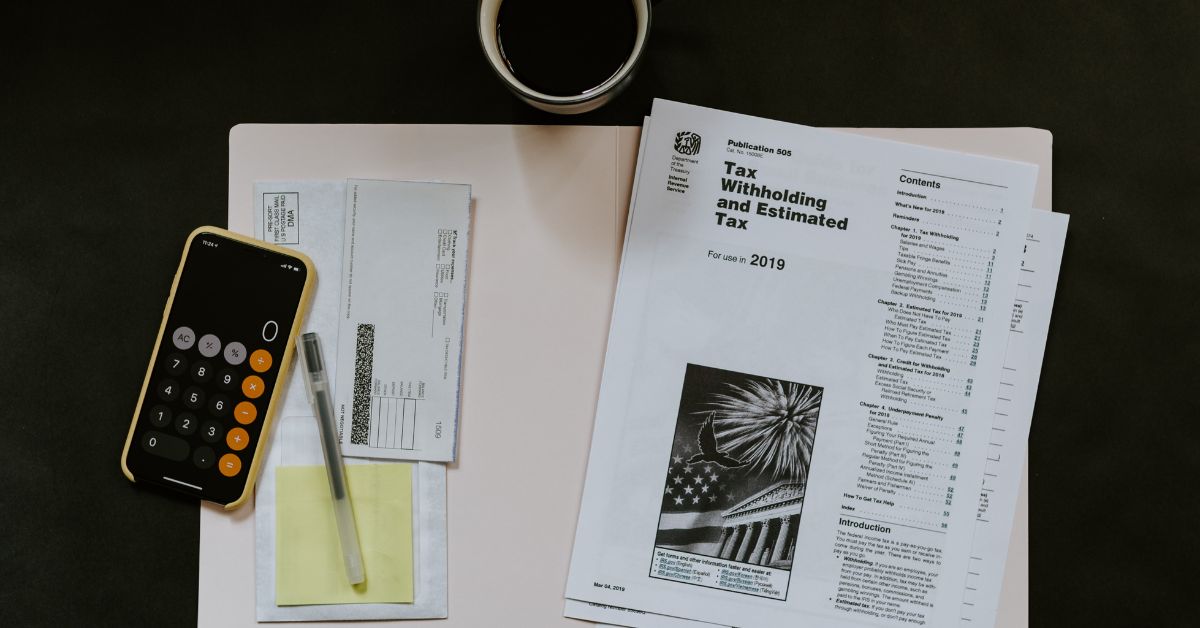Every year, thousands of households in England, Scotland, and Wales will pay council tax. This is a form of taxation, collected by local councils to help pay for services, such as bin collections, maintenance of public spaces, and other public services. However, how much you pay varies according to where you live, and your income. Let’s get to know more by reading the article below.;
What is Council Tax, and What Does it Cover?
Council tax is the primary source of income for local authorities and its importance in the UK’s finances is set to continue growing. In 2017, councils collected £34.5 billion in council tax, with the government taking an additional £3.5 billion.

Council tax is a significant source of revenue for local authorities in the UK. It is expected that the importance of council tax in the UK’s finances will continue to grow in light of Brexit.
Council Tax is made up of three central rates:
- Council Tax
- Council Tax Reduction
- Council Tax Support.
The first two cover the cost of council services, while the last one helps those on low incomes or who have a disability or long-term illness.
Council services are vital to those who live in The UKNorthern Ireland and face the harsh realities of everyday life. These services include social care, housing, welfare benefits, and more. Citizens are entitled to access council services without any financial barriers.
How to Qualify for Council Tax Benefit?
The council tax benefit is an income-based benefit for people who live in England, Scotland, Wales, or Northern Ireland. It is paid to people with a total household income below £16,000. Council tax benefit can reduce bills by up to 75% and is worth £3,500 per year.
Council Tax Benefit (CTB) is a government-funded benefit that helps low-income households pay their council tax bills. The amount you can get depends on your household income and the number of people in your family.
Qualifying for CTB depends on what you earn and how many people live in your household. Households with one person are eligible for up to £735 per year. In comparison, households with 2 or more are eligible for up to £1,125 per year. If you earn less than the qualifying amount, you will not be able to get CTB, but if you earn more, you are a qualified person for CTB.
How to Pay Your Rent and/or Council Tax in Advance?
If you’re about to move into a new home, you may be wondering how to pay your rent in advance. There are a few different ways to do this, including paying rent in advance and paying council tax before it’s due.
You might be one of the millions of people about to move into a new home and wonder how to pay your council tax rent in advance. But there are a few different ways to do this., including paying rent in advance and paying council tax before you move. If you have any reasonable doubts about which way is right for you, it’s always worth getting advice from an advisor.
It’s essential to consider the pros and cons of each option before deciding which one is best for you.
It is possible to pay your council tax in advance through a payment plan in the UK. Suppose you are planning on moving into a property that will be subject to council tax. In that case, we recommend that you contact your local authority beforehand so they can help set up a payment plan for you.
Council tax is one of the most complicated parts of your life, especially if you are a first-time homeowner. If you are in the UK and looking to buy or rent a property that will be subject to council tax, it is worth doing your research before you commit.
The government has established the Universal Credit program to alleviate the financial burden of everyday expenses. With the advent of Universal Credit, benefits such as Child Tax Credit and Working Tax Credit will be replaced, as will income support, Job Seekers Allowance, Employment and Support Allowance, and Housing Benefit.
For those applying for Universal Credit, please keep in mind that they will also be asked whether they need assistance with their council tax payments. There is no need for you to submit a Highland Council – Council Tax Reduction application form if you answer yes to the Department of Work and PensionDWP’s question. You may be sure that the Council will take care of the rest.
To qualify for council tax assistance, you must be unable to receive benefits under the Universal Credit system.
Who Pays Council Tax: Tenant Or Landlord?
There is a lot of confusion over who is responsible for paying Council Tax in England and Wales, even though all residential premises must pay the tax. The occupier is responsible for paying the bill when it comes to Council Tax, although this isn’t always the case.
You must first determine if you are a sole occupant or live in a shared residence. If you live on your own, the Council Tax is a straightforward matter: you pay it. However, there is a hierarchy that must be addressed for individuals who share a home:

All or part of the property is owned by a resident owner-occupier who is either a leasehold or freehold holder.
The terms of leases vary depending on what type of property it is. All properties are either freehold or leasehold. Freehold properties are those where the owner owns their own land and has full rights to it, and the term of a lease is usually 99 years. A leasehold property is one where the owner has limited rights over the land they live on, which they can buy back.
A licensee who is a resident of the property. In this case, they are not a tenant but have been granted permission to reside there.
The term “licensee” is often used to describe the person who has permission to stay in a building or home for an extended period but not long-term. The landlord may grant a licensee permission by granting them a lease, which can be reviewed and rescinded by the landlord.
Any person occupying the property, such as a settler, is considered a resident.
Whether you’re a renter or a homeowner, it’s always good to know the law and your rights. The following is an overview of the legal definitions of residency and who can claim to be a resident.
A person who owns a piece of property ion which no one lives.
It is essential to know the different types of owners and absentee owners. The absentee owner does not live on the property and does not have any interest in it. They are also known as a derelict owner or squatters. On the other hand, an owner can be someone who resides in the property but does not own it outright.
As you would expect in a hierarchical system, the person at the top of the food chain is responsible for paying the Council Tax bill. Each level’s responsibility is split evenly between its occupants if that number equals or more than 1.
Conclusion
If you are struggling to pay your rent and don’t have the money to pay your council tax, it can be good to pay your council tax in advance. If you paid your council tax in advance and forgot about it, you can still claim a reimbursement of the payment.
Renting a house is a popular option for many people, but paying the rent in advance can be challenging. This article will provide some helpful tips for those who want to know how to pay the rent in advance.
Find out the amount you need to pay for you not to have any outstanding debts before your next council tax payment date. This information can be found on your council tax bill or by directly contacting your landlord.






